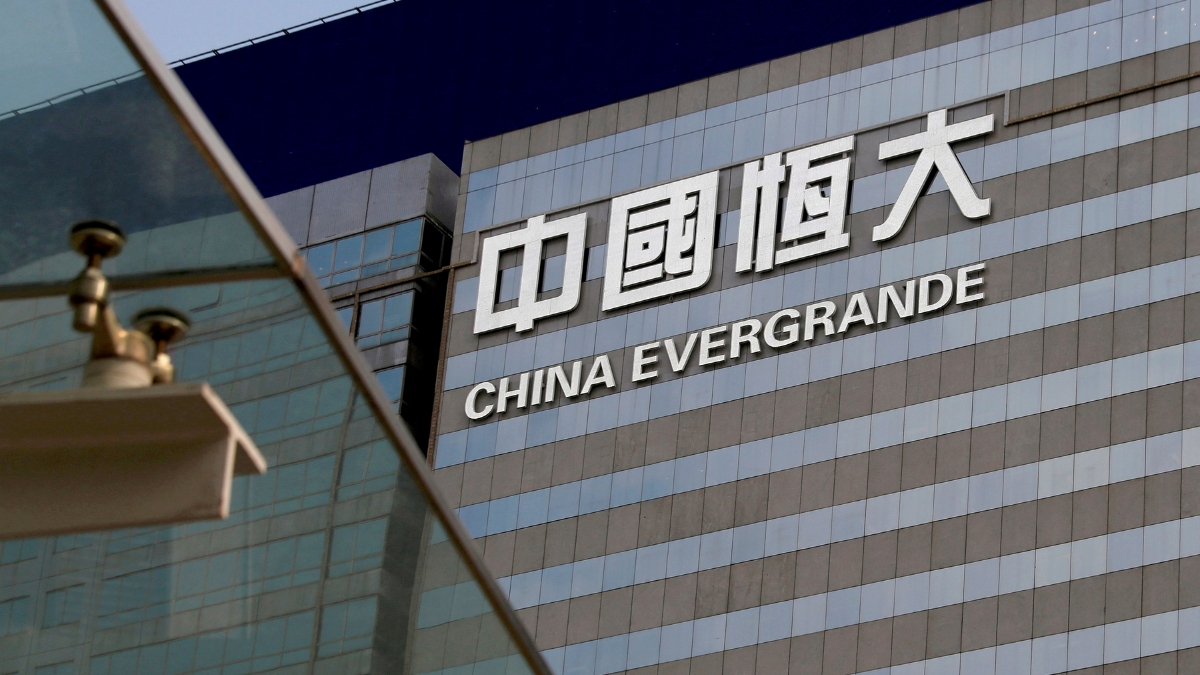Another nail has been hammered in China Evergrande’s coffin. The company’s legal troubles have been amplified with the latest allegations of a financial fraud worth $78 billion– among one of the largest in China.
How did China Evergrande carry out this fraud?
In the two years leading up to its $300 billion debt default, Evergrande inflated revenues by a whopping $78 billion. China’s apex securities regulator, the China Securities Regulatory Commission (CSRC), has claimed that the developer’s onshore unit inflated its revenue numbers by recognising sales in advance, Bloomberg reported.
According to the CSRC, in 2019, the inflated figures accounted for 50 per cent of the revenue reported by Evergrande Group’s subsidiary, Hengda Real Estate. A year later, 79 per cent of the income the firm reported came from these falsified numbers. The developer had exaggerated its profits by 63 per cent in 2019 and 87 per cent in 2020.
Hengda was also accused of fraudulently issuing an aggregated 20.8 billion yuan in bonds using these figures in marketing.
Who was responsible?
CSRC says that Hui Ka Yan, the founder of the Evergrande Group, instructed other personnel to “falsely inflate” the listed company’s annual earnings report. According to Bloomberg, the regulator said that he used particularly “egregious” means for this.
He allegedly delayed publishing Hengda’s earnings reports. He was responsible for the shortcomings in disclosing the lawsuits it was involved in, and its unfulfilled debt payments as well.
Impact Shorts
More ShortsIt is interesting to note that the Asian tycoon was once the richest man in China, at the helm of a sprawling real estate-to-electric vehicle conglomerate.
Apart from Hui’s role, the property major’s auditor at the time (2019 and 2020), PricewaterhouseCoopers Zhong Tian LLP, a mainland entity affiliated with one of the “Big Four” accounting firms, PwC. PwC, which resigned as Evergrande’s auditor in 2023 due to audit disagreements, has seen its reputation take a hit with the revelation of this critical accounting issue.
What punishments have been doled out?
CSRC has already imposed a 4.18 billion yuan ($581 million) fine against the company– one of the largest penalties ever levied by China. Hui has been instructed to pay a fine of 47 million yuan and is now banned for life from capital markets activities. Evergrande, earlier this year, received a liquidation order from a Hong Kong court. The assets of the company, which had taken on humongous debt to expand across the country as real estate sales zoomed, must be sold off to repay creditors.
What happens next?
The CSRC’s regulatory actions might set the stage for more serious charges against Hui. Last year, the business magnate was detained by the police on suspicion of crimes. The fines are also likely to serve as a warning to other debt defaulters.
The development comes amid China’s continued struggle with a property downturn and consequent economic slowdown. It is bound to fuel concern about the scale of accounting issues and how widespread the oversight is. Investor confidence is likely to be further eroded.
With inputs from agencies


)

)
)
)
)
)
)
)
)



